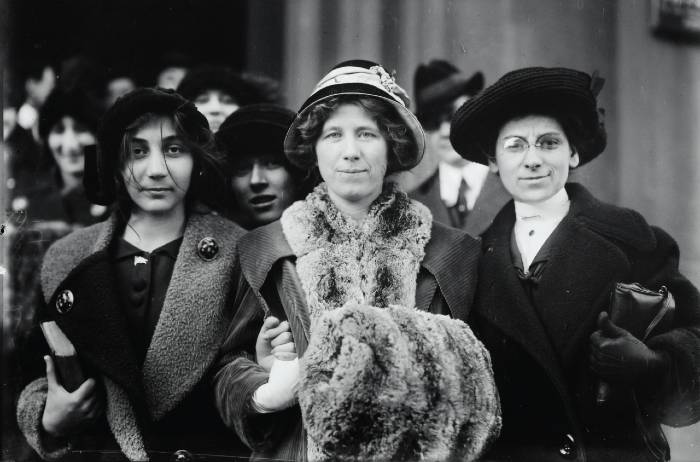How to Write Historical Fiction
This page offers tips on how to write historical fiction. It is just one of many pages on the CWN website about the elements of fiction and creative writing techniques. At the bottom, you'll find links to related pages, as well as the chance to take free creative writing lessons.How to write historical fiction - What is historical fiction?
Historical fiction is a category for novels and stories that take place in past times (usually more than fifty years before when the author wrote them).The characters and events in these stories might be completely imaginary. But the world of these stories is based, as closely as possible, on the reality of a particular historical time and place. For example, if you write a historical novel that takes place in Paris during the 1930s, you can:
- invent a story about a real historical person at that time, for example, Ernest Hemingway.
- invent a story about a real historical event, for example, World War II.
- create a completely imaginary character, for example, a painter named Pierre who is in love with his landlady.
But no matter which of these options you choose, Paris in the 1930's is Paris in the 1930's, and nothing in your novel can go against the known facts about it. Pierre may be imaginary, but he cannot carry a cell phone or post on Twitter. And he can't assassinate Hitler and end the war in 1940 because we know that didn't happen (when I say he "can't," I mean according to the rules of historical fiction. If you want to write a new version of history, then that's a different category of novel called speculative fiction, with its own set of rules).
It is important to note that not all fiction that takes place in the past is historical fiction. For example, Emily Brontë was not a historical novelist. Although Wuthering Heights takes place in the past, it was also written in the past, and as far as Emily Bronte was concerned, it was a contemporary novel. If Emily Brontë had instead written fiction about Ancient Egypt, then, she could be considered a historical novelist.
Advertisement:
How to write historical fiction - is it for you?
You should consider writing historical fiction if:- You love reading novels set in past times.
- You enjoy learning about and imagining life in other historical times.
- You are fascinated by a particular historical event or period; for example, you're a Civil War buff, or you read everything you can get your hands on about Ancient Egypt.
- You have a novel idea that would work better in a historical time period. For example, if your story is about sea explorers in search of new continents, then you will probably decide to set that in the past.
You shouldn't write historical fiction if:
- You hate research.
- You are in a hurry to finish.
Historical fiction is a lot of work and takes time!
How to write historical fiction - top tips
- Read lots of historical fiction. The more of it you read, the better you'll get to know how it works.
- Choose an exact time period and place for your book (i.e., 1938, not "early twentieth century"; Paris, not France).
- Do your research and avoid historical mistakes of any kind. If your readers notice that you've begun World War II in the wrong year, they'll stop trusting you as an author.
- Remember that the time period and place will shape your characters. You're not writing about contemporary Americans in old-fashioned costumes. People in different time periods have different attitudes, beliefs, and knowledge.
- At the same time, remember that your characters are individuals. A person is more than just the historical moment when she lived. Everyone also has a personal story, quirks, bad qualities, good qualities, worries, secret desires...
- Don't cram in information. You're writing a novel, not an encyclopedia article. After you've done all that research, it will be tempting to use it all. Resist this temptation! Use only the details that naturally belong in your story. And remember to show, instead of telling, when that's more effective. At the end of your novel, your reader shouldn't feel as if she's read a history of wartime Paris or medieval Spain -- she should feel like she's visited that time and place.

How to write historical fiction - keep reading
Click here for more on writing historical fiction.Click here to find out about free creative writing classes.
Click here for a list of CWN pages on how to write a novel.
Advertisement:
<< BACK from How to Write Historical Fiction to Creative Writing Now Home.